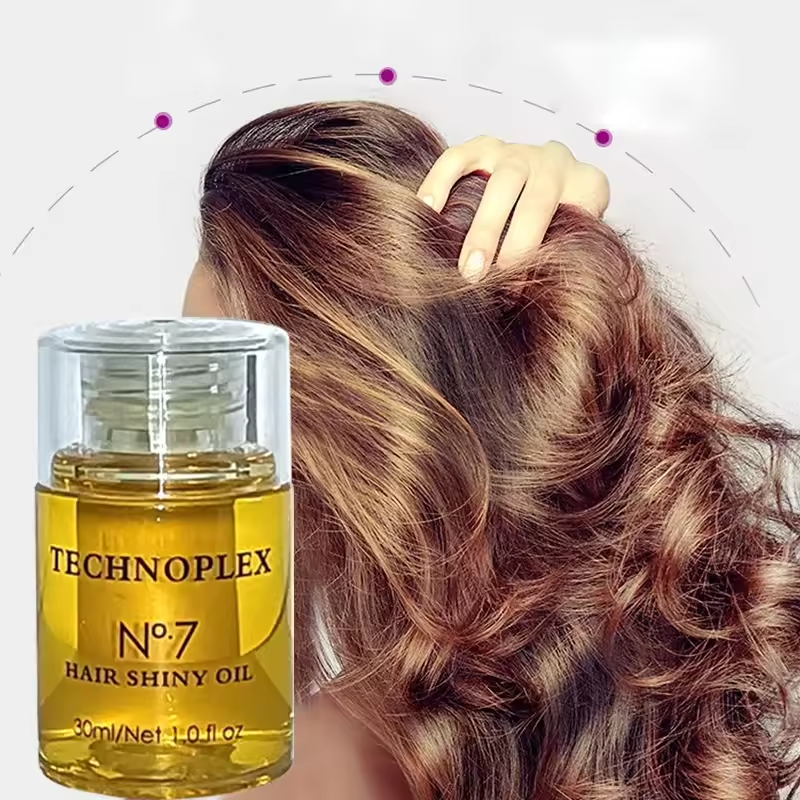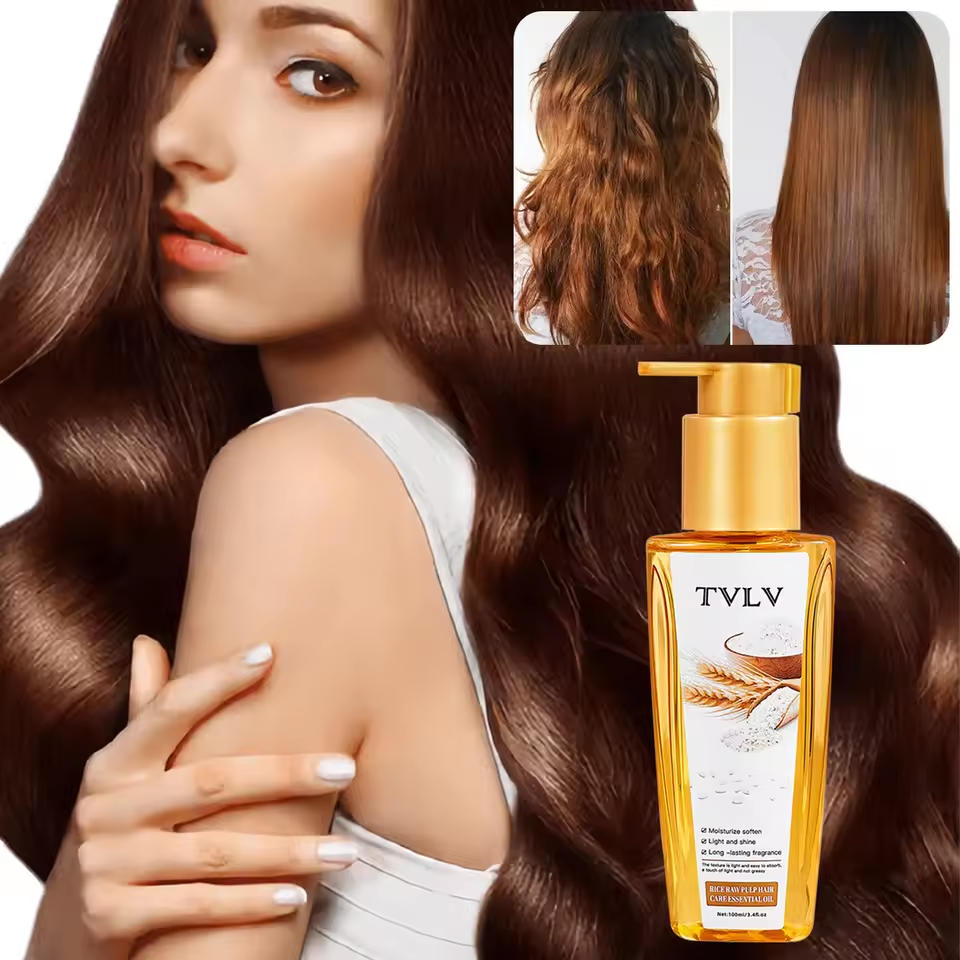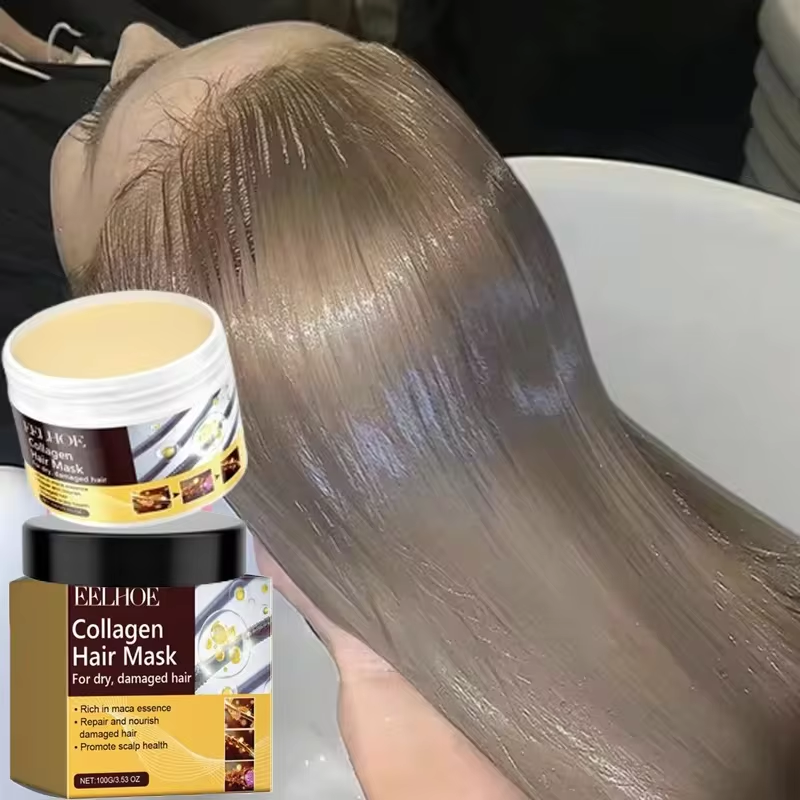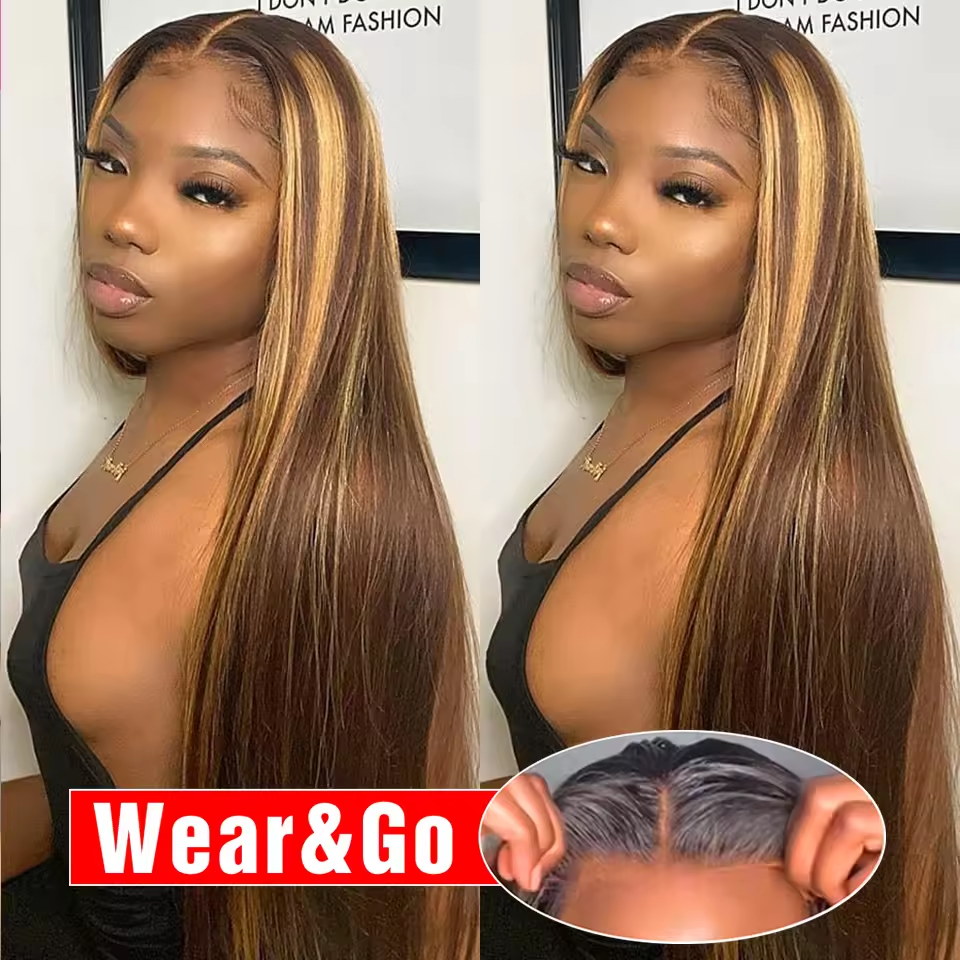Understanding Dandruff and Its Causes
Before discussing the best shampoo and conditioner for dandruff, it’s important to understand what dandruff is. Dandruff is a common scalp condition characterized by flaking and sometimes itching. It isn’t contagious or serious, but it can be embarrassing and difficult to treat.
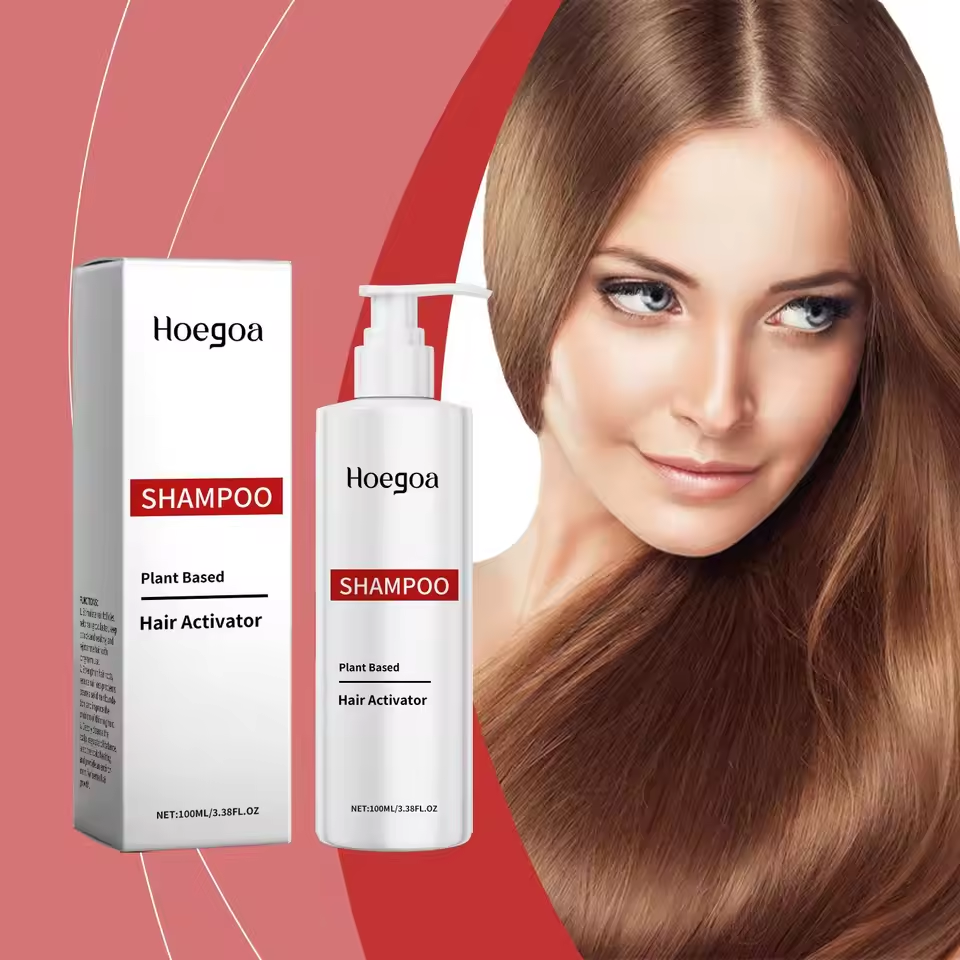
The exact causes of dandruff vary, but they often include a yeast-like fungus called Malassezia. This fungus thrives on the oils on the scalp of most adults. However, for some, it irritates the scalp and increases cell turnover, leading to the flaky white or yellow scales that we know as dandruff.
Other contributing factors can include:
- Not shampooing enough, causing skin cells to accumulate.
- Sensitivity to certain hair care products, also known as contact dermatitis.
- Dry skin, particularly in cold, dry weather, can lead to dandruff.
- Seborrheic dermatitis, which causes oily skin and dandruff, affects not only the scalp but also other areas rich in oil glands.
- Certain illnesses and chronic conditions, such as HIV or Parkinson’s disease, might increase the likelihood of dandruff.
Understanding the root cause of your dandruff is vital in selecting the best shampoo and conditioner to address it. The subsequent sections will guide you through the key ingredients to look for in anti-dandruff shampoos and the role of conditioners in managing the condition effectively.
Key Ingredients to Look for in Anti-Dandruff Shampoos
When searching for the best shampoo and conditioner for dandruff, focus on the active ingredients. These are crucial for reducing flakiness and itchiness. Here are some key ingredients to look for:
- Zinc Pyrithione: This ingredient slows down yeast growth on the scalp.
- Selenium Sulfide: It reduces the production of natural oils by glands in the scalp.
- Salicylic Acid: Salicylic acid helps remove scalp scales and is common in dandruff shampoos.
- Ketoconazole: A powerful anti-fungal, especially useful for severe dandruff.
- Coal Tar: Coal tar slows down cell growth on the scalp and reduces flake buildup.
- Tea Tree Oil: Natural antifungal and antibacterial properties help treat dandruff.
Each ingredient targets a different aspect of dandruff. Make sure to read the label and choose a product that addresses your specific needs. If one shampoo does not work, try another with a different key ingredient. Moreover, always follow the instructions on the bottle for the best results. Consistent use is often key to reducing symptoms. If you have sensitive skin, start with a gentle formula to avoid irritation.
The Role of Conditioners in Dandruff Management
While shampoos are vital in the fight against dandruff, conditioners also play a critical role. A good conditioner can complement the effects of your anti-dandruff shampoo. It helps to hydrate and soothe the scalp. This can reduce itching and further flaking.
Here are ways conditioners help in managing dandruff:
- Moisturizing the Scalp: Dandruff often leads to a dry, itchy scalp. Conditioners with moisturizing ingredients can help maintain scalp hydration.
- Soothing Irritation: Ingredients like aloe vera or allantoin in conditioners can calm an irritated scalp.
- Enhancing the Hair’s Health: A conditioner can improve the overall health and appearance of your hair.
- Reducing Friction: It can reduce friction between strands, making hair easier to comb and less likely to damage.
- Balancing Hair Care: While medicated shampoos treat the scalp, conditioners can keep hair soft and manageable.
For the best results, it’s important to choose a conditioner that’s designed to work with your anti-dandruff shampoo. Look for products that are free from irritants. Avoid those with heavy fragrances that could exacerbate your scalp issues.
Remember that while conditioners play a supportive role, they are not a stand-alone solution for dandruff. They should be part of a comprehensive hair care regimen. The right combination of shampoo and conditioner can lead to better dandruff control. Start with mild formulas if you have sensitive skin. This way you ensure your scalp gets used to the ingredients.
Use the conditioner according to the instructions, and focus on the ends of your hair to prevent an oily scalp. Regular use can lead to a significant reduction in dandruff symptoms. Be consistent and patient as you manage your dandruff. You should see positive changes over time.
How to Choose the Right Shampoo and Conditioner for Your Hair Type
Choosing the right shampoo and conditioner is critical for managing dandruff. However, you must also consider your hair type. Different hair types react differently to hair care products, so it’s important to select products that are suitable for your hair. Here’s a guide to help you make the best choice for your hair type:
- For Oily Hair: If you have oily hair, look for products that are lightweight. Avoid heavy moisturizing shampoos and conditioners. They might add too much oil. Look for terms like ‘volumizing’ or ‘balancing’ on labels.
- For Dry Hair: Dry hair can benefit from products that offer deeper moisturization. Look for shampoos with hydrating ingredients. Choose conditioners that help to lock in moisture without adding oil.
- For Curly Hair: Curly hair tends to be dry and prone to frizz. Choose products that define and hydrate curls. Creamy, hydrating conditioners work well for curly hair. They reduce frizz and add definition.
- For Normal Hair: If you have normal hair, you have more options. You can use a balanced shampoo and conditioner. These products will maintain your hair’s natural oil levels.
- For Color-Treated Hair: For those with color-treated hair, choose color-safe products. These help to prevent color from fading. They also provide extra moisture your hair might need after treatment.
- For Fine Hair: Fine hair needs products that won’t weigh it down. Choose volumizing shampoos and lightweight conditioners. They help your hair maintain lift and body.
When shopping for the best shampoo and conditioner for dandruff, consider these points along with the ingredients discussed earlier. A product that treats your dandruff and suits your hair type will give you the best results. Always read labels carefully and try different combinations if the first does not work. Over time, you’ll find the perfect match for your hair needs.
The Best Anti-Dandruff Shampoos and Conditioners on the Market
Finding the right products can be a game-changer in your dandruff control routine. In the sea of hair care products, a few stand out for their effectiveness against dandruff. Here’s a list of the best shampoo and conditioner combinations currently available:
- Head & Shoulders Classic Clean: This brand is almost synonymous with dandruff control. Both shampoo and conditioner contain zinc pyrithione to fight flakes.
- Nizoral A-D: Known for its powerful active ingredient, ketoconazole, Nizoral A-D is highly effective for persistent dandruff.
- Neutrogena T/Gel Therapeutic Shampoo and T/Gel Conditioner: Coal tar is the active component here. It’s known to ease symptoms of seborrheic dermatitis and dandruff.
- Selsun Blue Medicated: With selenium sulfide, this option helps reduce oiliness and control flaking.
- Dove Dermacare Scalp: This line is designed to soothe and moisturize the scalp, making it an excellent choice for those with dry dandruff.
- Aveda Scalp Benefits: This duo balances scalp oils and contains salicylic acid to prevent flaking.
- Tea Tree Special Shampoo and Conditioner: Tea tree oil, a natural antifungal and antibacterial agent, is great for mild dandruff.
It’s important to pick a product that syncs with your scalp. Try out different options and observe how your scalp reacts. Patience is key – give each product a fair chance before switching. Remember, the best shampoo and conditioner for dandruff for you might differ from others. Always check labels for ingredients that target your specific dandruff issues. Consistency with a chosen product often leads to the best results. If your dandruff persists, consider consulting a professional.
Natural and Organic Options for Dandruff Control
Choosing natural and organic options can be beneficial in managing dandruff, especially for those keen on avoiding synthetic chemicals. Here’s how you can make use of nature’s remedies for dandruff control:
- Tea Tree Oil: This natural ingredient has potent antifungal and antibacterial properties. Look for shampoos with tea tree oil to alleviate dandruff symptoms.
- Apple Cider Vinegar: Its acidity can help to balance the scalp’s pH and reduce fungus growth. Use it as a rinse after shampooing, diluting it with water.
- Coconut Oil: A light massage with coconut oil can moisturize the scalp. This may prevent dryness that often contributes to dandruff.
- Aloe Vera: Known for its soothing properties, aloe vera can calm an irritated scalp. Some conditioners incorporate it to relieve itchiness.
- Lemon Juice: Lemon juice can help control oiliness. Apply it to the scalp before rinsing for an oil-reducing effect.
- Olive Oil: Olive oil can act as a deep conditioner for the scalp. It can soften flakes, making them easier to wash away.
When opting for natural and organic products, check labels to ensure they truly are as advertised. ‘Organic’ should mean the product contains evidently natural, chemical-free ingredients. Remember that a patch test is a good idea before applying new products extensively. This way, you can avoid potential allergic reactions.
These natural remedies can work well alongside your regular anti-dandruff shampoo and conditioner. However, their effectiveness varies with each person. Stick with a remedy for a few weeks to see if there’s an improvement. If dandruff persists, seek advice from a healthcare professional for a tailored approach to dandruff control.
Tips for Using Shampoo and Conditioner to Effectively Treat Dandruff
Using the best shampoo and conditioner for dandruff correctly can enhance their effectiveness. Here are practical tips to help you get the most out of your dandruff treatment routine.
- Be Consistent: Stick to a regular shampooing schedule. Use your anti-dandruff shampoo at least twice a week.
- Scalp Focused: When shampooing, concentrate on scrubbing your scalp thoroughly. This helps remove flakes and reduce oiliness.
- Rinse Well: Make sure to rinse your hair completely to avoid residue. Leftover shampoo can irritate the scalp further.
- Conditioner Application: Apply conditioner mainly to the hair ends. Keep it away from the scalp to prevent greasiness.
- Patch Testing: Before trying a new product, do a small patch test. This helps check for adverse reactions.
- Check the Temperature: Use lukewarm water to wash your hair. Very hot water can dry out your scalp and increase dandruff.
- Avoid Over-styling: Limit the use of hair styling products. Gels and sprays can build up and worsen dandruff.
- Comb Regularly: Gently comb your hair to spread oils and prevent scalp buildup.
- Treatment Duration: Follow the recommended treatment time on the shampoo label. Leaving it on too long or too short can lessen the effect.
By applying these simple guidelines, you can help your anti-dandruff shampoo and conditioner work better and manage your dandruff more effectively. If you continue to see flakes and irritation, consult a dermatologist for personalized advice.
When to See a Professional: Persistent Dandruff Issues
Sometimes, dandruff refuses to leave, despite your best efforts. You have tried the best shampoo and conditioner for dandruff. You use them regularly and follow all the tips. Still, the flakes and itch remain. In this case, it may be time to see a professional. A dermatologist can help when your dandruff is stubborn. Here’s when to seek their help:
- If You Have Severe Scalp Inflammation: Redness and swelling mean you need a specialist.
- When Over-The-Counter Products Fail: If shampoos and conditioners don’t work, a doctor can prescribe stronger treatments.
- In Case of Hair Loss: Dandruff should not cause hair loss. If it does, a professional should check it.
- If Your Scalp Is Painful: Pain is not typical with dandruff. This symptom needs a doctor’s attention.
- Persistent Itching: Itching that won’t stop can affect your quality of life. Get it checked.
- Symptoms After a Change in Health: Sometimes, new health issues can affect your scalp. Tell your doctor.
A healthcare provider can pinpoint the exact cause of your dandruff. They might do tests to find out. They can also offer treatments you can’t get on your own. These may include prescription shampoos, creams, or even oral medications.
Don’t wait too long to see a doctor. If basic treatments fail and your symptoms last, seek help. A professional opinion can make a big difference in tackling dandruff.
